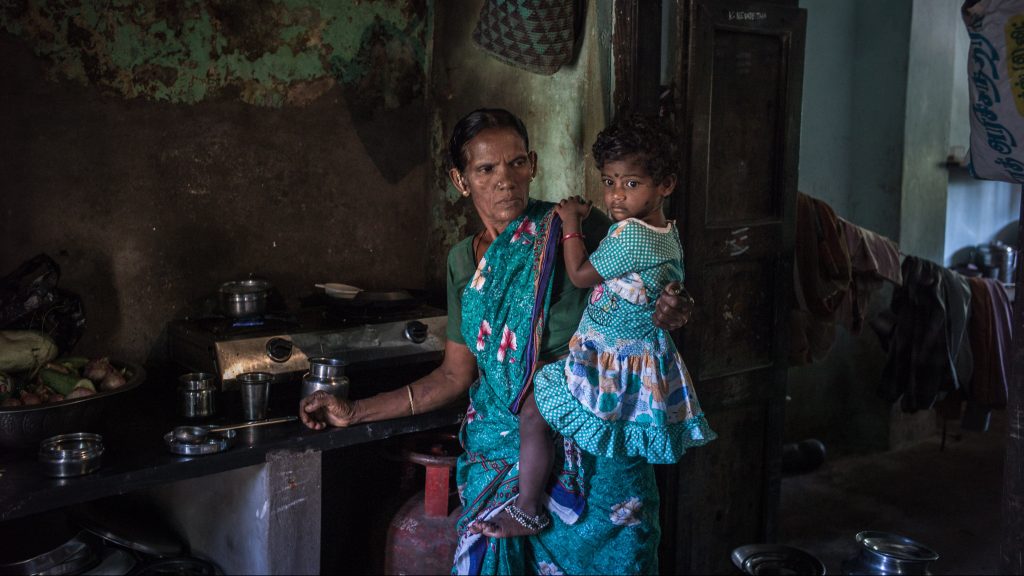Making data digital in Pakistan
By Umair Safdar, Plantwise Pakistan Agriculture is increasingly knowledge-intensive with a continuing need to provide the right information to the people who need it most, making a real difference to their livelihoods. This ensures food security for the ever-growing population by providing the best possible remedies for crop health issues. Globally, rapid adoption of ICT…
Fostering knowledge and confidence to feed more
Globally, an estimated 815 million people go hungry each day. Without access to healthy food, they are chronically undernourished. Meanwhile, in spite of advances in agricultural technology, approximately 40% of the food grown annually in rural communities is lost to pests and diseases. People living with persistent hunger need and deserve a sustainable solution based…
Yellow Dragon Disease: An Increasing Threat to Global Citrus Production
Yellow dragon disease, also known as citrus greening disease is one of the greatest bacterial threats to citrus trees on a global scale, affecting crop production across Africa, Asia and North America.
From satellites to stem borers: using earth observation to forecast pest outbreaks
Globally, over 500 million smallholder farmers provide food for two thirds of the world’s population. With 40% of crops lost annually to pests, achieving zero hunger by 2030 depends on increasing the productivity of these smallholders. We already have weather forecasts, pollen forecasts and UV forecasts, but what if farmers had access to pest forecasts?
Update: New Pest & Disease Records (16 May 18)
We’ve selected a few of the latest new geographic, host and species records for plant pests and diseases from CAB Abstracts. Records this fortnight include the first report of plum pox virus (PPV) in Japan, the first report of white blister rust disease caused by Albugo occidentalis on spinach in Turkey and the first report…
EU ban on bee-killing insecticides
The world’s most widely used group of insecticides will be banned from all fields within the next six months by the European Union. The use of neonicotinoids will be prevented in any manner with the aim of protecting important insect pollinators such as honeybees which are known to be vital for global crop pollination.
Drought Resistance Hormone Discovered in Plants
Researchers at the RIKEN Centre of Sustainable Resource Science (CSRS) in Japan have discovered a hormone linked to the stimulation of drought-resistant characteristics in plants. Published in the journal Nature earlier this month, the study shows how the peptide CLE25 is synthesised in the roots of plants when under stress due to a lack of…
Nuclear Development in Zambia: A Positive for Environmental Protection?
The agriculture sector in Zambia employs around half of the country’s labour force and provides the largest source of employment opportunities for rural women. However, although the sector contributes 6.5% GDP and 9.6% of the national export earnings, the industry is one of the most under-developed in the country.
CABI joins Koppert to reduce the reliance on chemical use in pest management in Kenya
CABI has initiated activities with Koppert Biological Systems to increase the fight against crop pests and diseases which threaten the food security and livelihoods of thousands of farmers and their families in Kenya. CABI has signed a collaboration agreement with Koppert to deliver more Plantwise plant doctor training in Kenya, with funding from the Koppert Foundation. This includes plans to…
Why African farmers should balance pesticides with other control methods
By Esther Ndumi Ngumbi. Reblogged from The Conversation. Insect pests cause almost half of the crop losses in Africa. If the continent is to feed its growing population, farmers must find ways to control them. Pests account for high losses in other developing regions too. For smallholder farmers in particular, pest management needs to be affordable, safe…



